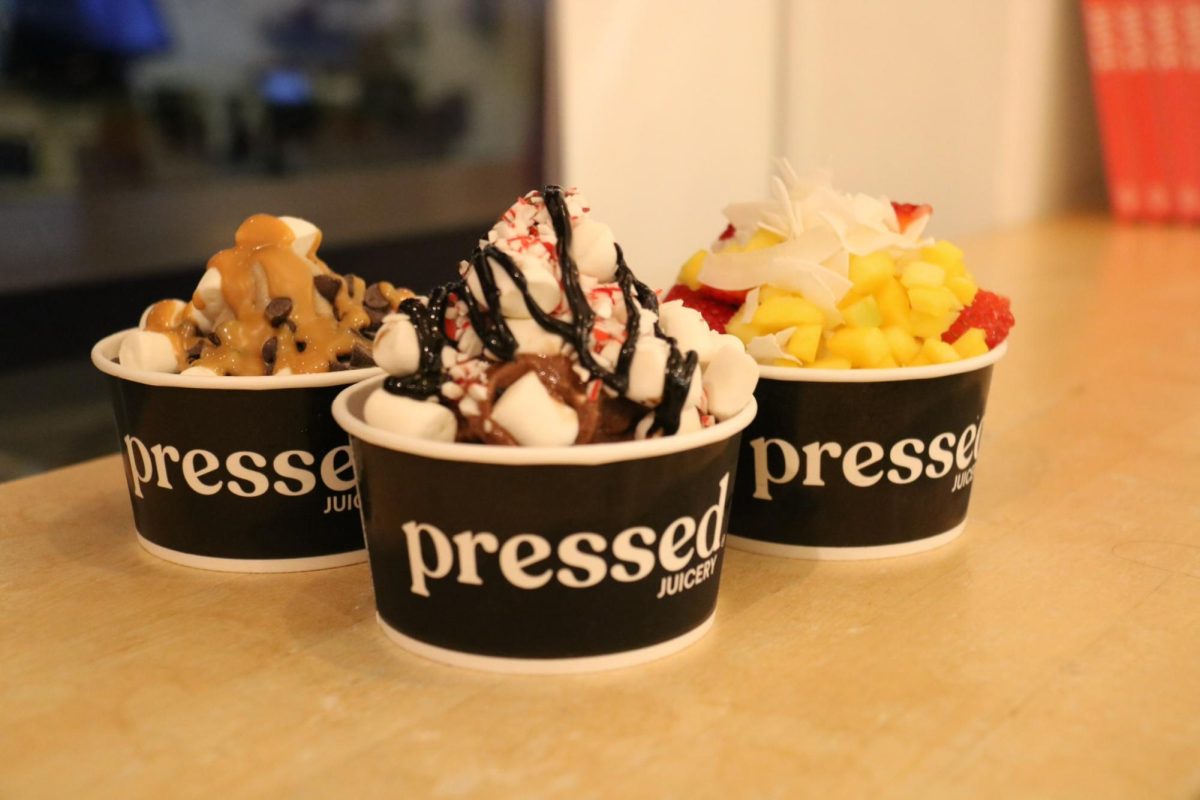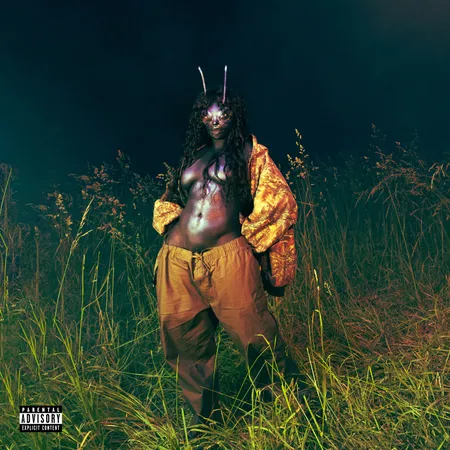Oh. My. Goodness. Did you see her at the VMA’s? She’s really done it this time, I’ll tell you. I mean seriously, the girl twerked on Robin Thicke. How DARE she.
Three years ago, Miley Cyrus released an album, decidedly different from anything she had produced up until that point, aptly entitled: “Can’t Be Tamed.” Damn right.But now, in the wake of her newly re-gained popularity and pseudo-stardom, Miley Cyrus has recently released her fourth and latest studio album “Bangerz.” Let’s be real: Miley’s transformation is no scandal.Truth be told, it’s almost impossible to talk about Miley’s music from an objective standpoint without bringing up the drama, the onstage antics, and yes, the twerking too. Her image, like that of many other pop musicians, pervades and often casts a harsh light upon her music.

Love her or hate her, the ploy worked. What a perfect time to reinvent your own image, pump it full of sex and fluff, and spew it all over the Internet than in the weeks preceding an album release?
But really, is this anything new?
Given the amount of attention Miley Cyrus has gotten in the past few weeks, you’d think that she was the first musician ever to reinvent her image.
The pop community – critics and listeners alike – beg, almost scream for sex. Well, Miley gave the pop community what it wanted… sort of.
This begs us, as listeners, to question why Miley is (I say hesitantly) blossoming as a neo-pop artist. Perhaps it’s the alarmingly fast rate at which Miley started and finished her transformation.
However, I’m not so sure that she’s fully done reinventing herself, and I think that this makes itself apparent in the album itself.
Just before listening to “Bangerz,” I thought that the album would not only reflect, but also would wholeheartedly embrace Miley’s new image. And I was, give or take, about 50 percent right.
The transformation aside, “Bangerz” came in not on a wrecking ball, but rather riding the wave of popularity generated by two singles: “We Can’t Stop” and “Wrecking Ball.”
Throughout the album, Miley seems to dabble in a multitude of genres, but fails to either develop a niche or truly delve into any one style. Indeed, Miley is still in her phase of renovation. But unfortunately, this is reflected in her music, and she fails to develop a definitive style as an artist.
If looked at as an amalgamation of singles, then the individual songs may satisfy one’s urge for a specific genre, but there’s massive inconsistency throughout the course of the album.
Still, who wouldn’t get turnt up to lyrics like “Driving so fast ‘bout to piss on myself! Driving so fast ‘bout to piss on myself!” I’ll be the first to admit – I know exactly where Miley is coming from. Driving so fast ‘bout to piss on myself!
As we start to hear more Ke$ha-ish attempts at hip hop, it becomes increasingly apparent that Miley’s vocals are underutilized, but are at the same time unpolished. Even on ballady songs like “Wrecking Ball” or “My Darlin’,” the words are mumbled and are sloppy, sometimes reduced to a drunken slur. Perhaps to compensate for these errors, strange reverb-ish effects underpin Miley’s vocals, giving a harsh, sawtooth tinge on the mid-to-high range.
Given her past involvement in and current flirts (speaking of “My Darlin’”) with country music, I genuinely wish Miley’s lyrics had stood out more. Instead, she expanded into music that is, although more lyrical, less musical. Replacing her once smooth southern pop-country drawl is a somewhat lazy hip-hop sprawl of messy lyrics over generic instrumentals.
The album’s sixth track, “Love, Money, Party,” perfectly embodies the darker, less interesting side of Miley’s new persona. After listening to the song from start to finish, I find myself trying to discover what I have gleaned from the song past simply looking at the title. The song, although relatively short, repeats the word “money,” a word notorious in the hip-hop and pop communities as a cliché subject, a total of 42 times, the word “love,” also a cliché spanning across all genres of music, 32 times, and “party,” yet another cliché, 34 times.
Still, the fact that she has managed to distance herself from her flaccid Disney persona is, to say the least, impressive and eclectic. At some point, in order for her career to continue, she had to reinvent herself, just like Britney and – dare I say – Charlie Sheen.
Criticize her all you want, but at the end of the day, Miley (and Billy Ray too) is twerking all the way to the bank.






